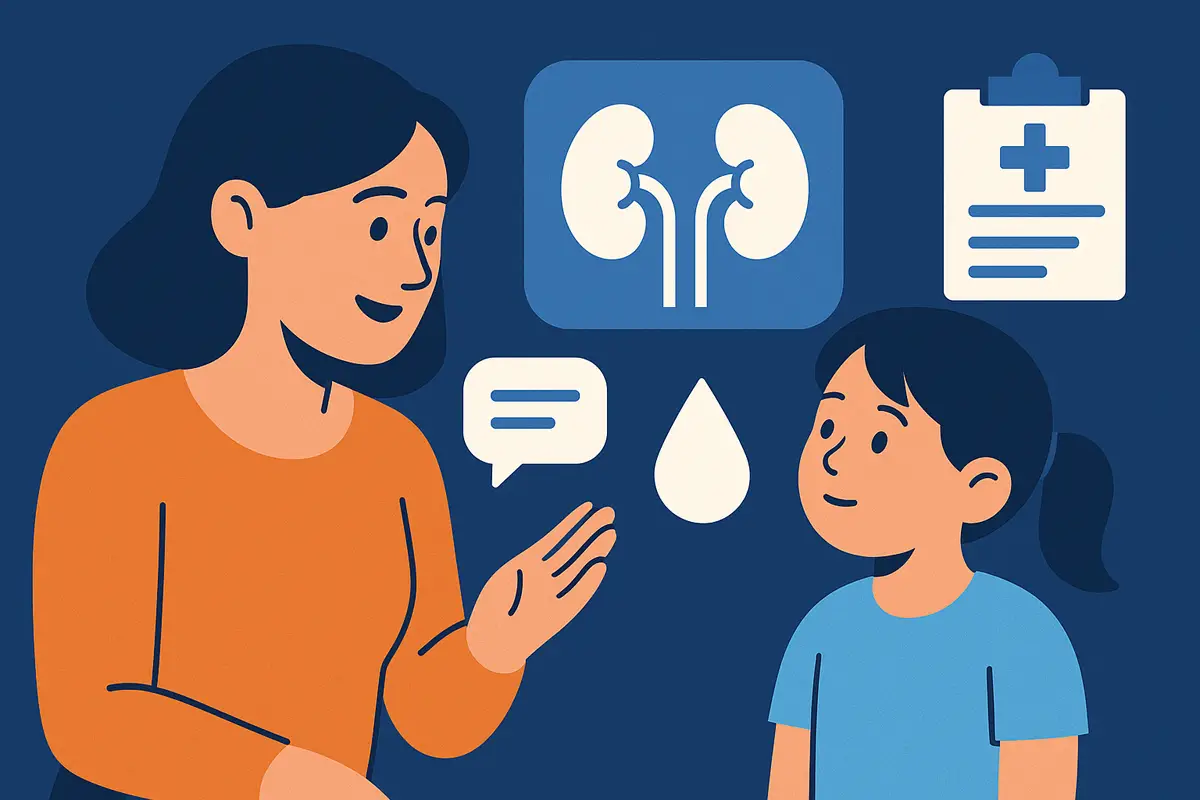Teaching Your Child the Importance of Urological Health

Talking to your child about their body isn’t always simple, but it really matters. When it comes to urological health, many parents aren’t sure how to begin. It can feel awkward, even unnecessary. But helping your child understand how their body works sets them up for a healthier, more confident future. Keep reading to find out how to support your child’s understanding in a safe, age-appropriate way.
Why Early Conversations about Urological Health Matter
Children notice more than they let on. If you treat some topics like they’re off-limits, they’ll often keep their worries to themselves. That’s why it’s so important to create a home where it feels safe to ask questions, especially about personal health.
Issues like bedwetting, urinary tract infections (UTIs), or going to the toilet too often are quite common in younger years. Talking about them openly helps your child know it’s okay to speak up if something doesn’t feel right.
If symptoms stick around or keep coming back, it might be worth speaking with a private urologist London for advice. They’ll be able to offer a proper check-up and next steps based on your child’s needs.
Keeping the Conversation Age-Appropriate
Every child is different, so it’s about knowing what they can handle. For little ones, keep things simple. You might say, “Your body has special parts that help it get rid of wee, and we need to keep those parts healthy.” That’s enough for a start.
Older kids may ask more detailed questions, especially as their bodies begin to change. Be honest and use the right words, but don’t overload them. The goal is to make them feel comfortable, not overwhelmed or embarrassed.
Teaching Healthy Habits Early On
Your child’s daily routine is the best place to introduce bladder-friendly habits. You don’t need to draw attention to it, just make it a natural part of their everyday routine. Encourage them to:
1. Drink enough water throughout the day.
2. Use the toilet when needed, instead of holding it in.
3. Wipe from front to back after going to the toilet (especially for girls).
4. Tell you if something feels sore, itchy, or unusual.
These habits might reduce the chance of infection and help your child feel in control of their own health.
When to Seek Further Support
If you’ve noticed ongoing issues like frequent UTIs, pain when peeing, or bedwetting past age seven, it’s worth asking a professional for advice. These symptoms might point to underlying concerns that need further attention. Early support helps ease discomfort and may prevent complications. Trust your instincts and remember that getting help early is always better than waiting.
Building a Foundation for Lifelong Wellbeing
Helping your child understand urological health isn’t just about the present. It’s about building confidence for the future. You’re teaching them that their body matters, that it’s okay to ask questions, and that their health is something to value and take care of. Lastly, always speak with a doctor or qualified healthcare provider before making decisions about your child’s care, and never rely on online information alone.










